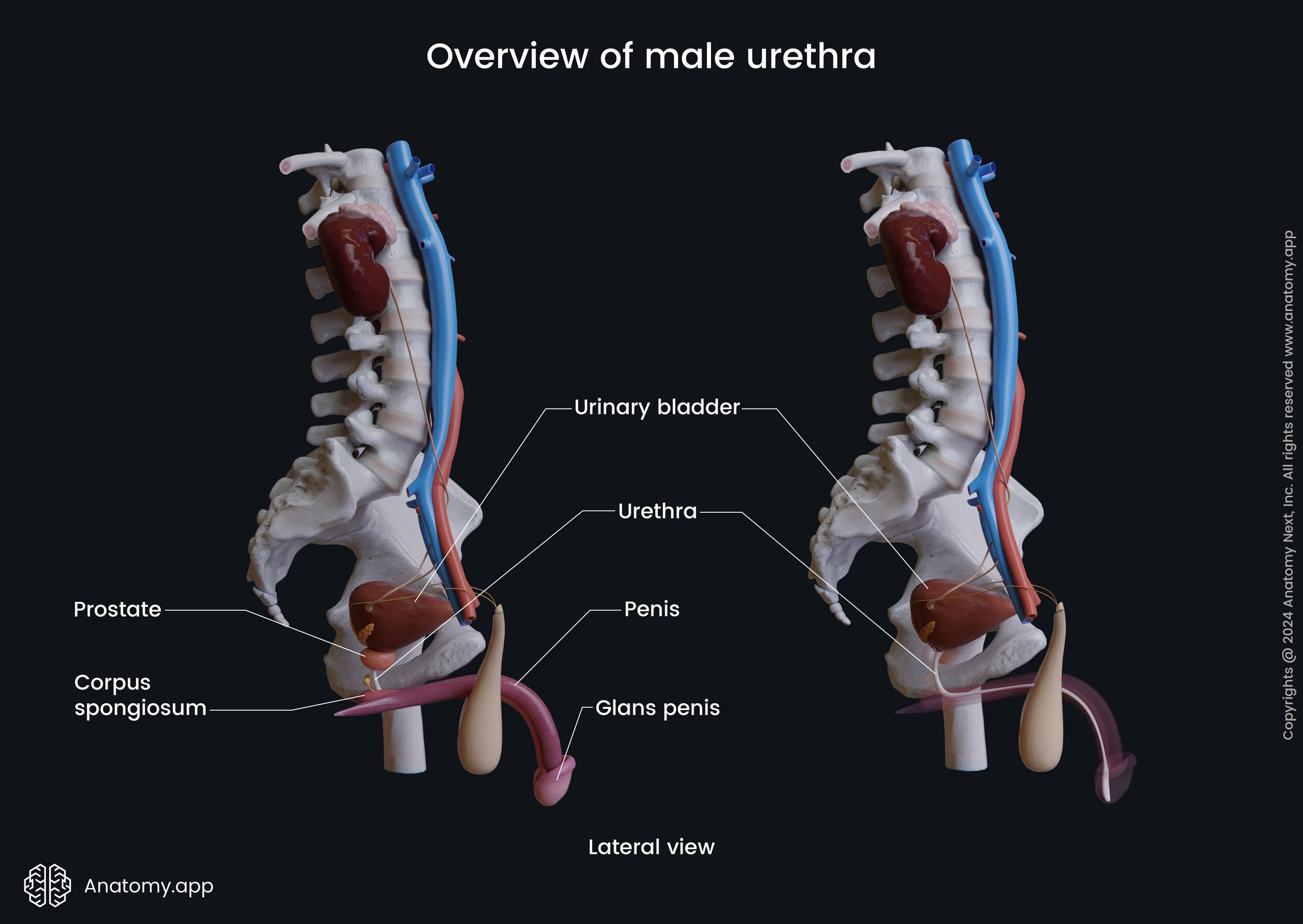Ever Wondered Why That “Quick Bathroom Trip” Matters?

Most of us don’t give a second thought to peeing—unless something feels off. Maybe you’ve rushed to the restroom after a big glass of water or held it in during a long car ride. But did you know that every time you urinate, you’re relying on a tiny but mighty part of your body called the urethra? It’s the final stop for urine on its way out, and even minor problems can throw your whole day off.
What Does Your Urethra Actually Do?
Think of your urethra like a dedicated exit pipe in your home’s plumbing system. Its main job is to carry urine from your bladder out of your body. Just like a well-designed pipe keeps water flowing smoothly, a healthy urethra means you can urinate easily and comfortably. In men, the urethra also carries semen during ejaculation, but for everyone, its main mission is helping your body get rid of waste.
This process seems simple, but it’s essential. If your urethra gets blocked, irritated, or infected, urine can back up, causing pain, discomfort, or even more serious health issues. That’s why understanding and caring for your urethra is more important than you might think.
Urethra Problems You Should Know About
- Urinary Tract Infections (UTIs): UTIs happen when bacteria enter the urethra and travel up into the urinary tract. Because the urethra is the entry point, it’s often the first place an infection starts. You might notice burning when you pee, a frequent urge to urinate, or cloudy urine. Ignoring a UTI can let the infection spread to your bladder or kidneys, which can become serious quickly.
- Urethritis (Urethra Inflammation): This is when the urethra itself becomes inflamed, usually due to infection with bacteria or viruses (sometimes from sexually transmitted infections). It can cause pain during urination and discharge from the urethra. If left untreated, urethritis can lead to ongoing pain and possibly spread infection to other parts of your urinary system.
- Urethral Stricture (Narrowing): Sometimes, injury, infection, or repeated irritation can cause scar tissue, making the urethra narrower. This slowing of urine flow can lead to a weak stream, difficulty starting urination, or even complete blockage. If ignored, it can cause bladder damage or serious infections because urine can’t empty out properly.
Urethra Health: Busting Common Myths
- Myth: “Only women get urinary problems because their urethra is shorter.”
Fact: While women are more prone to some urinary infections due to a shorter urethra, men can have urethra issues too, especially as they age. Everyone needs to be aware of urethra health.
This myth can make men ignore symptoms, leading to worse problems down the road. - Myth: “Drinking less water keeps your urethra clean.”
Fact: Drinking enough water actually helps flush out bacteria and keeps your urinary tract—including your urethra—healthy.
Believing this myth can increase your risk of infection and discomfort.
6 Ways to Care for Your Urethra Every Day
- Stay Hydrated: Aim for 6-8 glasses of water daily. Water helps flush out bacteria and keeps urine from becoming too concentrated, which can irritate your urethra. Carry a reusable water bottle to remind yourself to sip throughout the day.
- Don’t Hold Your Pee: Regularly delaying bathroom trips gives bacteria more time to grow in your urinary tract. Try to use the restroom when you first feel the urge. This simple habit protects both your urethra and your bladder.
- Practice Good Hygiene: After using the toilet, wipe from front to back (especially important for women) to prevent bacteria from the anus getting near the urethra. Good hygiene reduces the risk of infections.
- Urinate After Sex: Peeing after sexual activity helps flush out germs that may have entered the urethra during sex. It’s a small step that can make a big difference, especially for women, but it’s good advice for everyone.
- Avoid Irritants: Scented soaps, bubble baths, and harsh detergents can irritate the sensitive tissues around your urethra. Stick to mild, fragrance-free products for your personal care. This helps prevent inflammation and discomfort.
- Wear Breathable Underwear: Choose cotton over synthetic fabrics. Cotton lets moisture escape, helping to keep the area dry and less inviting for bacteria. Change out of damp clothes quickly, especially after exercise.
Warning Signs It’s Time to Talk to a Doctor
- Pain or Burning When You Pee: This is often the first sign of infection or irritation. If you ignore it, the problem can worsen and spread to your bladder or kidneys.
- Blood in Your Urine: Seeing pink, red, or brown urine can signal infection, injury, or, rarely, something more serious. Get checked out right away to find the cause and prevent complications.
- Difficulty Starting or Maintaining Urine Flow: Trouble urinating could mean a blockage or narrowing of your urethra. Waiting too long can damage your bladder and put you at risk for infections.
Daily Check-In: Am I Protecting My Urethra?
- ☐ Am I drinking enough water?
- ☐ Do I use the restroom when I need to?
- ☐ Is my hygiene routine supporting urinary health?
- ☐ Do I avoid harsh soaps and scented products?
- ☐ Am I paying attention to any unusual urinary symptoms?
Your Health, Your Power: The Urethra Edition
Your urethra might be small, but its job is huge—helping your body remove waste, stay comfortable, and prevent bigger health issues. Staying hydrated, practicing good hygiene, and paying attention to early warning signs can make all the difference. If something feels off, don’t hesitate to reach out for help—you know your body best.
Remember, caring for your urethra is an investment in your overall well-being. Small, daily actions add up to big health benefits. You’ve got this!